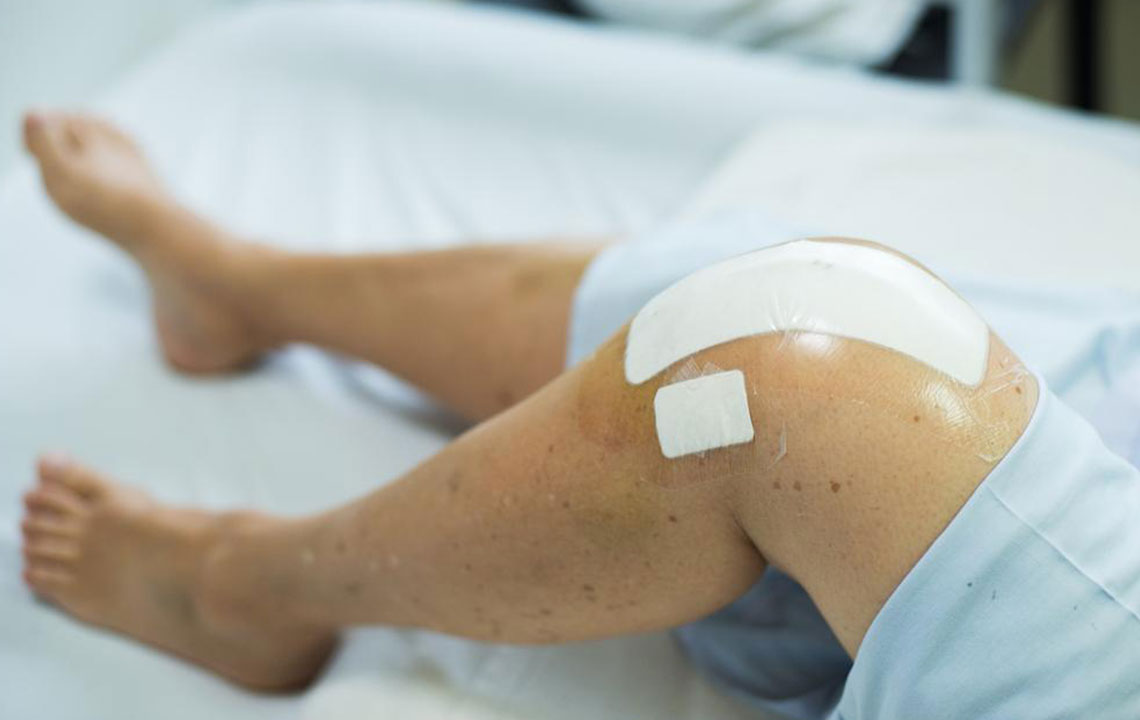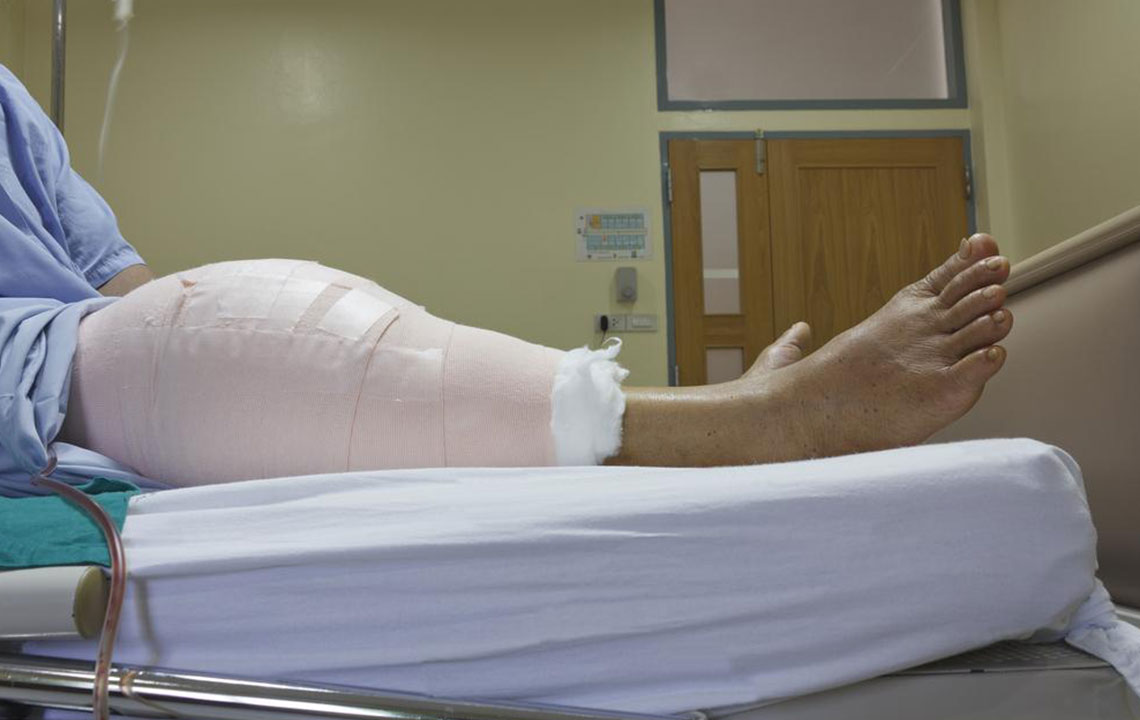Understanding Knee Replacement Surgery: Causes, Types, and Preparation
Learn everything about knee replacement surgery, including causes, types, and preparation tips. Discover how advances in medical technology help improve mobility and reduce pain for individuals suffering from severe knee problems. Trusted online resources provide detailed videos to aid understanding and preparation for the procedure.

As we age, our bodies face wear and tear that hampers daily activities. The discomfort and limitations from joint issues, especially in the knees, can significantly impact quality of life. Advances in medical technology now offer effective solutions for severe knee problems.
Knee pain, often caused by osteoarthritis, can restrict movement and cause persistent suffering. When medications fail to alleviate the pain, knee replacement surgery becomes a viable option.
Knee replacement, also called knee arthroplasty, involves replacing damaged joint surfaces to relieve pain and restore mobility. Many online resources provide detailed videos of the procedure for those considering surgery.
Patients typically choose surgery when conditions such as rheumatoid arthritis, knee injuries, deformities, or poor blood flow cause severe pain and impair movement.
There are four main types of knee replacement surgeries depending on severity:
Total knee replacement: Replaces the entire knee joint.
Partial knee replacement: Targets only the affected part of the knee.
Kneecap replacement: Replaces the undersurface of the kneecap.
Complex revision surgery: For previous replacements or severe cases.
For those preparing for surgery, watching reputable videos from sources like Arthritis-Health, WebMD, Surgical Videos, and Healthline can be beneficial. These sites offer detailed explanations and guidance for pre- and post-surgical care.
Note: While our blog offers valuable health information, it should not replace professional medical advice. Consult healthcare professionals for personalized recommendations.










